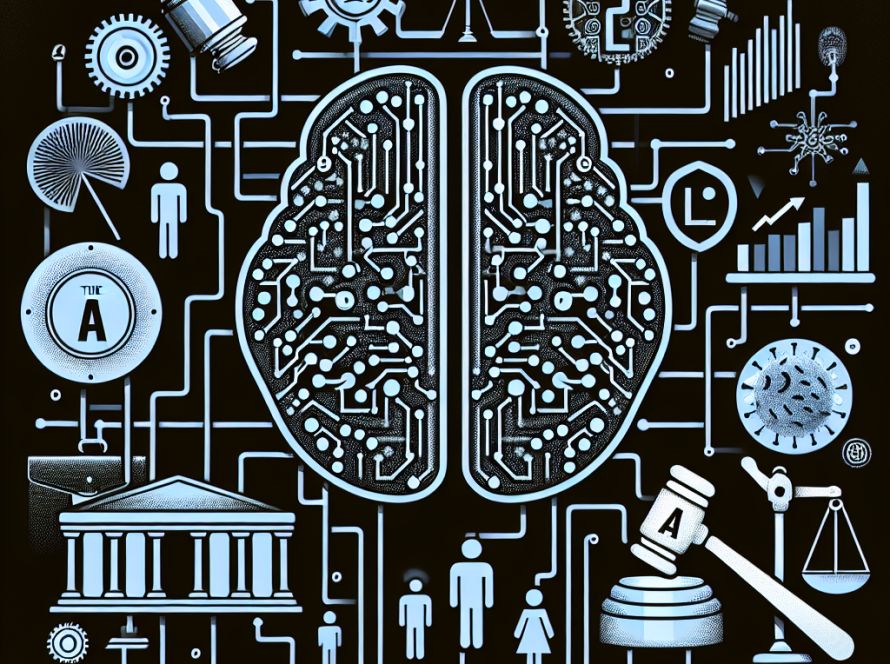The Alpha release of Midjourney V6 has been nothing short of revolutionary, introducing groundbreaking improvements to image generation. Unfortunately, some artists have complained that the new version is far too adept at reproducing copyrighted works. Reid Southen, a film concept artist and illustrator who has worked on numerous high-profile projects, has been one of the most vocal opponents of AI’s impact on the creative industry. Southen recently shared several examples of Midjourney V6’s ability to generate images nearly identical to frames from famous movies, such as the character Thanos from the Avengers franchise.
But Southen isn’t the only one to have noticed the AI’s uncanny ability. Katie Conrad posted Midjourney’s recreation of a scene from Rogue One, prompting the question of how exactly machines are learning to create art. It doesn’t take much to see why artists like Southen are feeling aggrieved. After all, they were paid to produce the art while Midjourney is able to reproduce it for free, without compensation.
The companies behind these blockbuster movies may have a few questions for Midjourney as well, regarding the copyrights they hold on the content and the characters in their movies. Is this a big deal? If Midjourney used copyrighted material to train its models (which it did), and V6 does a great job at reproducing existing copyrighted images (which it does), then the answer is a resounding ‘yes’.
Southen’s main concern is that artists had their work used as AI training material without their consent, and seeing an algorithm replicate their art without any sort of recompense must be disheartening. When Southen speaks out, Midjourney promptly bans him and wipes his account. The issue boils down to the dual-use nature of so many AI tools, and it’s hard to design them so they can only be used in ethically and legally ‘good’ ways.
Midjourney has amended its Ts&Cs, placing the onus on the user and adding, “You may not use the Service to try to violate the intellectual property rights of others, including copyright, patent, or trademark rights. Doing so may subject you to penalties including legal action or a permanent ban from the Service.” In fairness to Southen, if Midjourney hadn’t trained its models on copyrighted material in the first place then adding this to its Ts&Cs would be unnecessary.
We’ve seen similar lawsuits brought by The New York Times, authors, Getty Images, and other creatives and publishers, all dealing with the same core issue: is copyrighted material fair game for training AI models? Finding a legal solution is one thing, but finding an equitable solution that satisfies artists like Reid Southen may be a much more complex undertaking. It’s clear that Midjourney V6 has ushered in a new era of image generation and, although this presents its fair share of challenges, it’s undeniably an exciting time for the creative industry.

